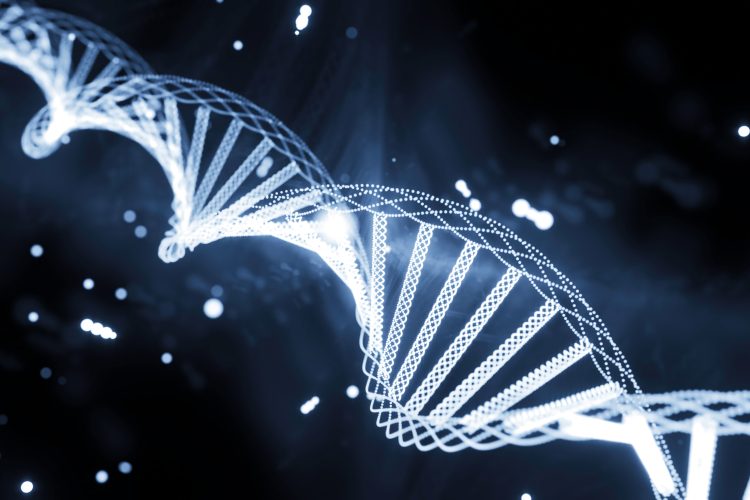Melanoma: predicting immunotherapy-induced side effects
Posted: 12 August 2024 | Drug Target Review | No comments yet
Increased gene activity in the SYK pathway could be the basis of a blood test to identify melanoma patients most susceptible to severe side effects.


Scientists at NYU Langone Health and its Perlmutter Cancer Center have revealed that an activity pattern in genes that build spleen tyrosine kinases can predict which melanoma patients are likely to have severe side effects from immunotherapy.
Melanoma is the deadliest form of skin cancer, causing almost 10,000 American deaths per year. Although checkpoint inhibitors like nivolumab and ipilimumab are frequently used to treat this disease, over one third of melanoma patients treated with these develop severe side effects, including inflammation, skin rashes, liver toxicity, colitis and rheumatoid arthritis. This affects their quality of life and their ability to continue treatment.
In the new study the team discovered, even before treatment began, that 83 percent of melanoma patients who eventually developed severe side effects from combined immunotherapy with nivolumab and ipilimumab, was predicted by the activity of genes controlling the production of spleen tyrosine kinases. Furthermore, they observed that this increased gene signature, shown by the production of spleen tyrosine kinases or the SYK pathway, did not interfere with the effectiveness of therapies stopping melanoma recurrence. The impact was solely linked to side effects.
Dr Kelsey Monson, the study’s co-lead investigator, explained: “Our study results show that increased gene activity in the spleen tyrosine kinase pathway could be the basis of a possible blood test that identifies melanoma patients most susceptible to having severe side effects from immunotherapy, and well before they start treatment.”
The study’s co-senior investigator Dr Tomas Kirchhoff, associate professor in the Department of Population Health at NYU Grossman School of Medicine and a member of Perlmutter Cancer Center, added: “Predictive information of this kind is critically important to oncologists and patients to help guide their immunotherapy decisions, to either minimise these side effects by taking additional precautions or choose alternative immunotherapies.”
Analysing immune cells
Immune cells samples from 212 men and women with melanoma were analysed. These patients were participating in a national multi-centre trial named CheckMate-915, designed to assess whether combined therapy with nivolumab and ipilimumab worked better than single therapy with nivolumab in stopping postsurgical recurrence of melanoma.
A specific pattern among 24 genes associated with the production of spleen tyrosine kinases was identified when the scientists studied the genes that were most active in patients who experienced immunotherapy side effects. Statistical analyses indicated that increased or decreased transcription of only five of these genes (CD22, PAG1, CD33, HNRNPU, and FCGR2C), as well as age and stage severity of their melanoma, were the best predictors of who would experience immunotherapy side effects.
Dr Jeffery Weber, study co-senior investigator and Laura and Isaac Perlmutter Professor of Oncology in the Department of Medicine at NYU Grossman School of Medicine, commented that the SYK pathway has been linked to other autoimmune diseases before. Also, he said that immunotherapy side effects were most common in areas affected by these autoimmune diseases, including the skin, colon, and liver.
Moving forward, the researchers plan to explore whether an activated SYK pathway is predictive of side effects in patients treated with ipilimumab alone or with other combination immunotherapies.
Dr Kirchhoff concluded: “If our future research can explain how an activated spleen tyrosine kinase pathway leads to increased risk of side effects from immunotherapy, then it could also potentially help us to design better cancer immunotherapies and potentially other treatments for autoimmune diseases.”
This study was published in Clinical Cancer Research.
Related topics
Cancer research, Immuno-oncology, Immuno-oncology therapeutics, Immunotherapy, Oncology, Protein
Related conditions
Melanoma
Related organisations
New York University (NYU), NYU Grossman School of Medicine, Perlmutter Cancer Center



